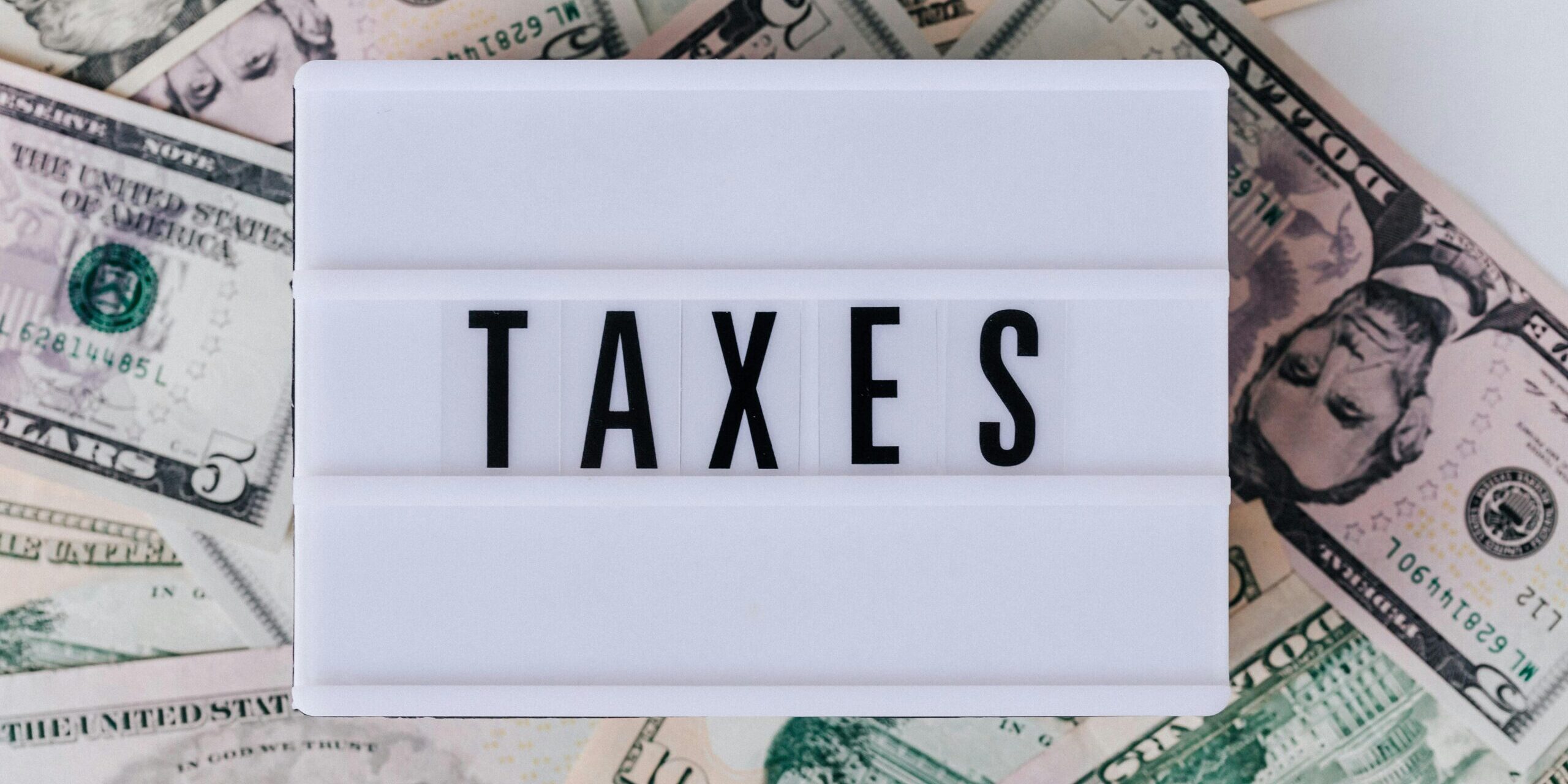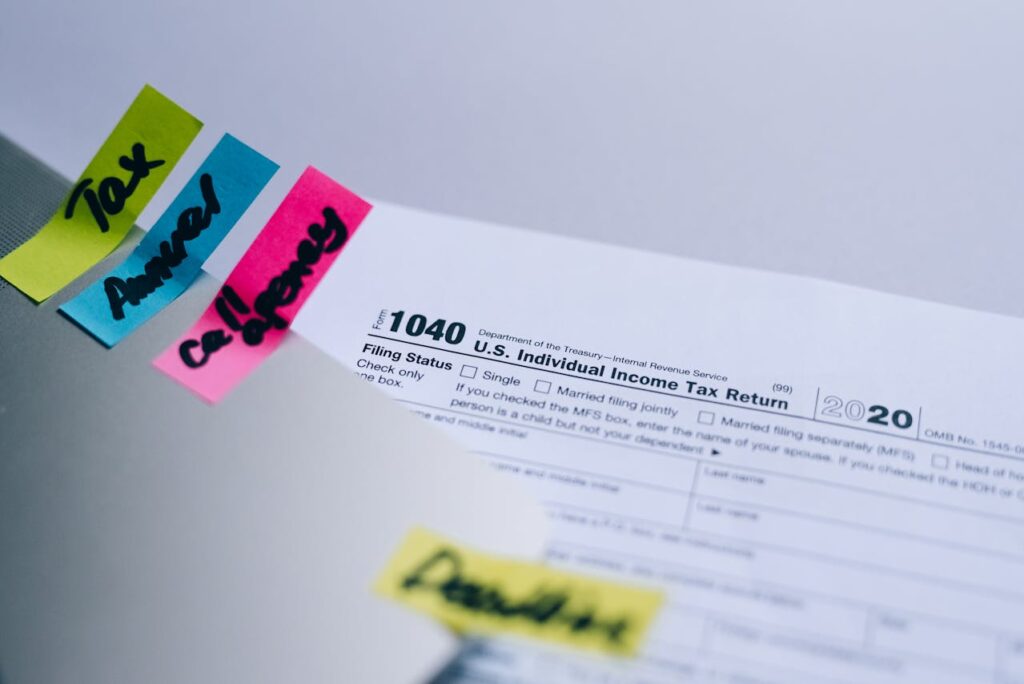How to Prepare for Tax Season
Share On Socials Now

Step-by-Step Guide to Tax Season Preparation: Simplify the Process & Stay Organized
Tax season is a time of year that can induce anxiety for many small business owners. However, with the right preparation and strategy, you can navigate this period smoothly and efficiently. It’s never too late to start preparing for tax season, but it’s best to begin early in the year and maintain regular financial practices. This comprehensive guide will provide you with the steps necessary to prepare for tax season, ensuring you maximize your deductions and minimize your stress. As a modern CPA firm specializing in monthly bookkeeping, tax, payroll, and advisory services for successful small businesses, particularly in the restaurant industry, we are here to help you every step of the way.
1. Organize Your Financial Records
The first step in preparing for tax season is to organize your financial records. This includes:
- Income Statements: Maintain records of all revenue streams, including sales receipts, bank statements, and cash register tapes.
- Expense Receipts: Collect and categorize receipts for all business expenses, such as inventory purchases, utilities, rent, and payroll.
- Bank Statements: Ensure that all business bank accounts are reconciled and up-to-date.
- Loan Documents: Keep records of any loans, including the principal amount, interest rates, and repayment schedules.
Using accounting software can simplify this process by automatically categorizing transactions and generating financial reports. Begin organizing your records early in the year and update them regularly, ideally on a weekly or monthly basis.
2. Understand Applicable Tax Deductions
To reduce your taxable income, it’s essential to understand the tax deductions available to you. Some common deductions for restaurant owners include:
- Cost of Goods Sold (COGS): Direct costs attributable to the production of the food and beverages you sell.
- Employee Wages and Benefits: Salaries, wages, overtime, bonuses, health insurance, and retirement plans.
- Rent and Utilities: Costs for leasing your restaurant space and essential utilities like electricity, water, and gas.
- Depreciation: The gradual deduction of the cost of significant assets over their useful life.
- Marketing and Advertising: Expenses for digital ads, print materials, website maintenance, and promotional events.
- Insurance Premiums: General liability, property, workers’ compensation, and business interruption insurance.
- Licensing and Permits: Fees for health permits, alcohol licenses, and food handler certifications.
Review these deductions regularly with your CPA to ensure you are maximizing your tax savings throughout the year.
3. Consult a CPA
A Certified Public Accountant (CPA) specializing in the restaurant industry can offer invaluable guidance during tax season. CPAs can help you:
- Optimize Tax Deductions: Identify deductions you may have overlooked and maximize your tax savings.
- Ensure Compliance: Stay compliant with federal, state, and local tax laws.
- Prepare Tax Returns: Accurately prepare and file your tax returns on time to avoid penalties.
Establish an ongoing relationship with your CPA, meeting regularly to discuss your financial strategy and tax planning.
4. Track Important Deadlines
Missing tax deadlines can result in costly penalties and interest. Key deadlines to track include:
- Quarterly Estimated Taxes: Due on April 15, June 15, September 15, and January 15.
- Annual Tax Return: Typically due on April 15.
- W-2 and 1099 Forms: Must be sent to employees and contractors by January 31.
Set reminders and mark your calendar to ensure you meet all deadlines. Regularly review and update your calendar to stay on top of your obligations.
5. Review Your Payroll System
Payroll is a significant part of running a restaurant, and it’s essential to review your payroll system before tax season. Ensure that:
- Employee Information: All employee information is accurate and up-to-date.
- Payroll Taxes: Payroll taxes are correctly calculated and withheld.
- W-2 and 1099 Forms: W-2 forms are prepared for employees, and 1099 forms are prepared for contractors.
Consider using payroll software to streamline this process and reduce errors. Conduct monthly reviews to ensure everything is in order.
6. Plan for Future Tax Obligations
Tax planning is not just about preparing for the current tax season; it’s also about planning for the future. Strategies include:
- Estimated Taxes: Calculate and set aside funds for quarterly estimated tax payments.
- Retirement Contributions: Consider contributing to a retirement plan, such as a SEP IRA or Solo 401(k), to reduce your taxable income.
- Capital Investments: Plan for any significant capital investments and understand how depreciation can impact your taxes.
Regularly review your tax strategy with your CPA to stay proactive and prepared.
7. Audit Internal Processes
Conducting an internal audit of your financial processes can help identify areas for improvement and ensure accuracy. Focus on:
- Expense Management: Review expense reports and categorize them correctly.
- Inventory Control: Ensure that inventory records are accurate and match physical counts.
- Cash Handling: Implement strict cash handling procedures to prevent theft and errors.
Perform these audits regularly, ideally on a quarterly basis, to maintain financial health.
8. Utilize Technology and Software
Leveraging technology can streamline your tax preparation process. Consider using:
- Accounting Software: Tools like QuickBooks or Xero can automate bookkeeping and generate financial reports.
- Payroll Software: Solutions like Gusto or ADP can simplify payroll management and tax filings.
- Expense Tracking Apps: Apps like Expensify can help you track and categorize expenses on the go.
Integrate these tools into your daily operations and review their output regularly to stay on top of your finances.
9. Stay Informed About Tax Law Changes
Tax laws are constantly evolving, and staying informed about changes can help you take advantage of new deductions and credits. Subscribe to industry newsletters, attend webinars, and consult with your CPA to stay up-to-date. Make it a point to review tax law updates at least quarterly.
10. Prepare for Potential Audits
While audits are relatively rare, being prepared can save you time and stress. Steps to prepare include:
- Maintain Accurate Records: Keep detailed and organized records of all financial transactions.
- Document Deductions: Ensure you have proper documentation for all claimed deductions.
- Consult Your CPA: If you receive an audit notice, contact your CPA immediately for guidance.
Regularly review your records and ensure you are audit-ready at any time.
11. Review Your Business Structure
The legal structure of your business can impact your tax obligations. Common structures include:
- Sole Proprietorship: Simple structure but personal liability for business debts.
- Partnership: Shared responsibility and profits but more complex tax filings.
- Corporation: Limited liability but subject to double taxation.
- LLC: Flexible structure offering limited liability and pass-through taxation.
Consult your CPA to determine if your current business structure is the most tax-efficient. Re-evaluate your structure annually to ensure it remains optimal.
12. Implement a Document Retention Policy
Having a document retention policy ensures that you keep essential records for the required period. Typically, you should retain:
- Tax Returns: Keep copies of filed tax returns for at least seven years.
- Receipts and Invoices: Retain receipts and invoices for three to seven years.
- Payroll Records: Maintain payroll records for at least four years.
Review and update your retention policy annually to ensure compliance.
Conclusion
Preparing for tax season may seem daunting, but with the right strategies and support, you can navigate it with ease. It’s never too late to start, but it’s best to begin early in the year and maintain regular financial practices. Organizing your financial records, understanding applicable tax deductions, consulting a CPA, and leveraging technology are crucial steps in ensuring a stress-free tax season.
At Matthew Accounting, we specialize in providing monthly bookkeeping, tax, payroll, and advisory services tailored to successful small businesses.
Contact us today to learn how we can help you optimize your tax strategy and put more money back into your business.





